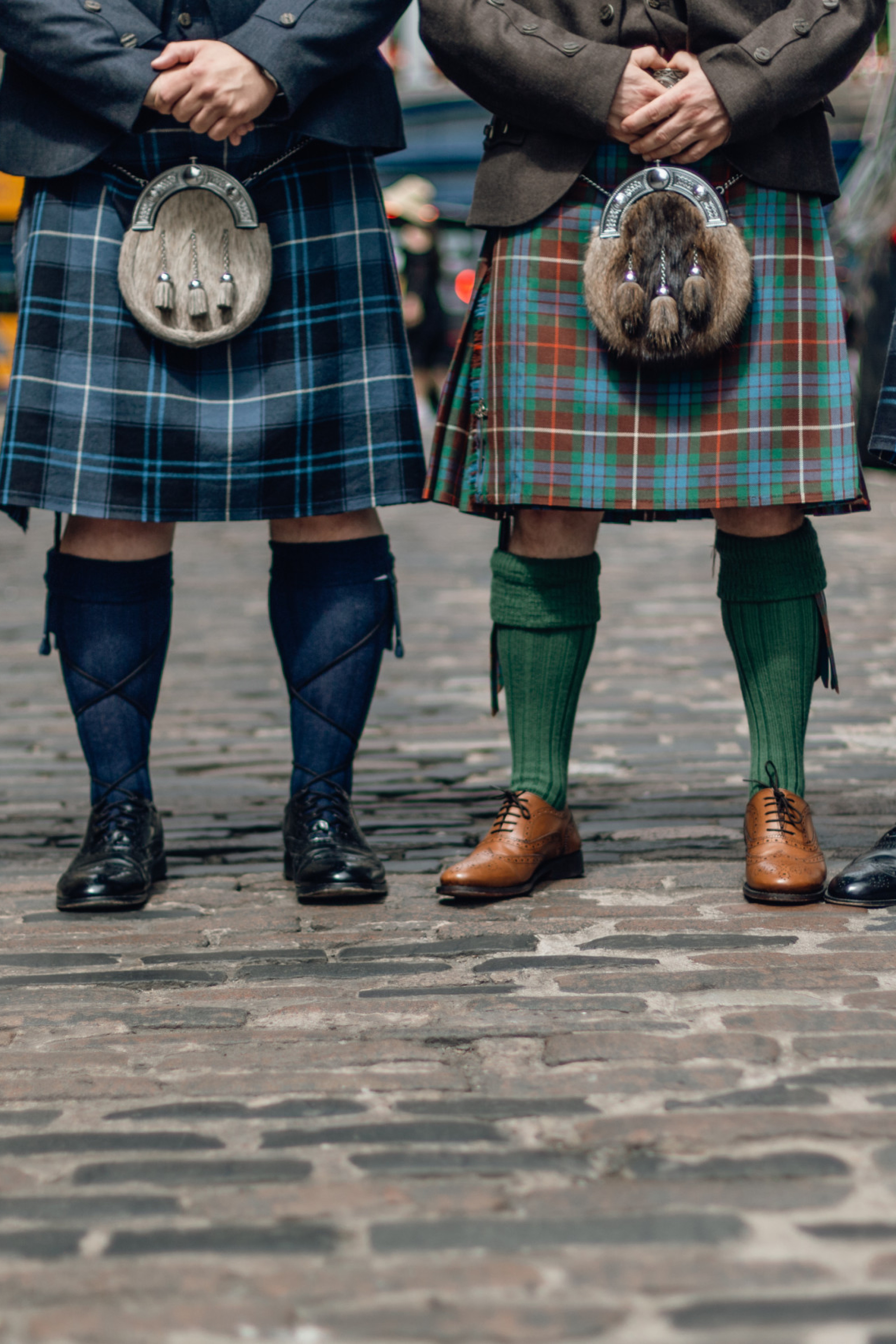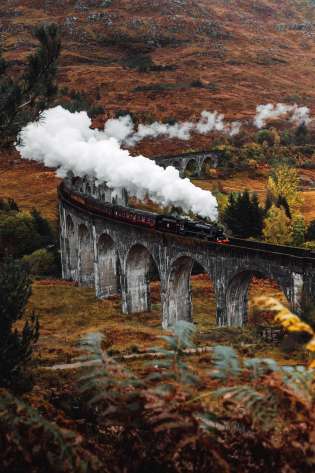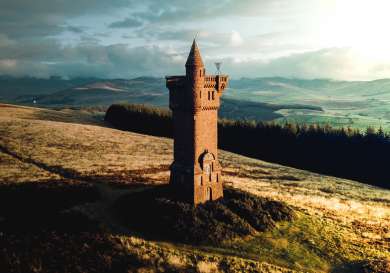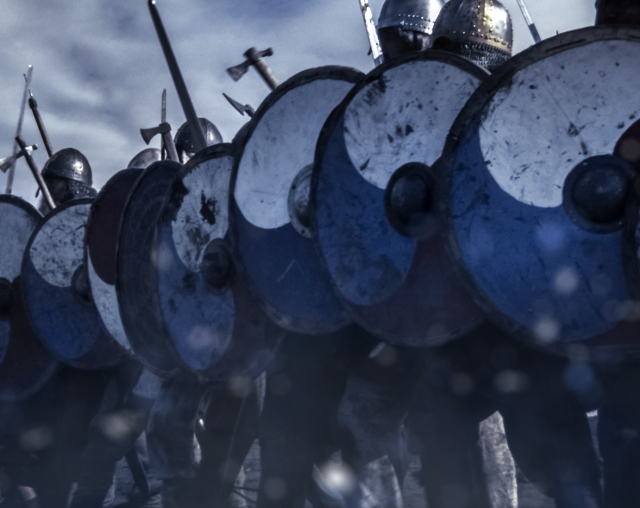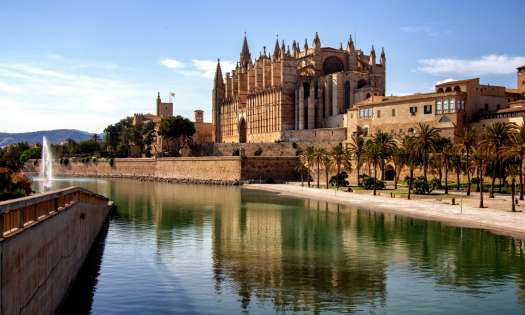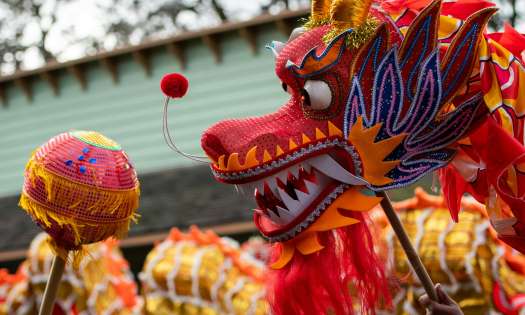The Cultural Importance of Robert Burns
The history of the British Isles is one of warfare and violence. The Norman French aristocracy, in terms of culture and its legacies since 1066 CE, began to dominate and expand their control over the British Isles and the island of Ireland from the 11th century onwards. What this means (in a very brief version of the history of Great Britain and its people) is that a cultural genocide or cultural evolution opened... but this will not be the skull of this article. This background information sheds light on understanding the significance of Robert Burns, and that his memory is not necessarily based on his existence, but rather the people of Scotland grasping to a Scottish identity-based in old Celtic traditions that no longer exist and have not existed for a very long time.
